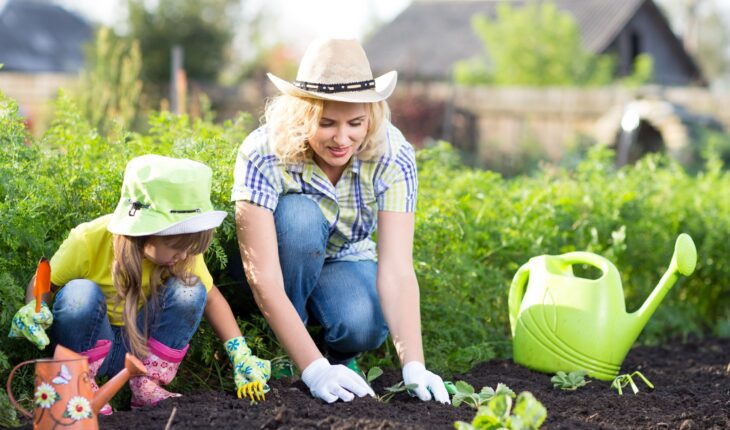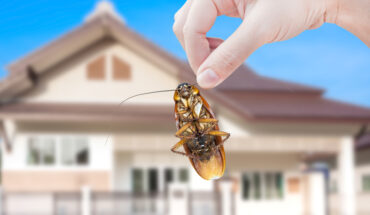Maintaining a thriving garden can be a fulfilling experience, but it requires a lot of hard work and dedication. This is especially true during the summer months when heat and pests can pose a serious threat to your plants. If you want your garden to survive and flourish during the summer, there are a few things you need to keep in mind.
Give it the Right Amount of Water
One of the most important things you can do to keep your garden healthy during the summer is to make sure it gets the right amount of water. Plants need water to survive, but overwatering can be just as harmful as underwatering. The key is to find the right balance. The amount of water your plants need will depend on several factors, including the type of plant, the soil type, and the weather conditions. As a general rule, most plants need about an inch of water per week. However, this can vary depending on the factors mentioned above.
To make sure your plants are getting the right amount of water, check the soil regularly. If it feels dry to the touch, it’s time to water. If it feels moist, wait a day or two before checking again.
Watch Out for Garden Pests
Another major threat to your garden during the summer is garden pests. These can include insects, rodents, and other small animals that can cause damage to your plants. Pests like aphids can cause mold growth on your plants. To keep these pests at bay, you’ll need to be vigilant and take action as soon as you notice any signs of infestation. This could include using natural insecticides or pesticides, setting up traps, or even introducing natural predators like ladybugs or praying mantises. It’s also important to keep your garden clean and free of debris, as this can attract pests and provide them with a place to hide.
Make Sure the Soil is Healthy
Healthy soil is essential for a healthy garden. If your soil is lacking in nutrients or is too compacted, your plants may struggle to grow and thrive. To ensure that your soil is healthy, you’ll need to take a few steps. First, test your soil to determine its pH level and nutrient content. This can be done with a simple soil test kit, which you can find at most garden centers. Once you know what your soil needs, you can add the appropriate nutrients or supplements to improve its health. You can also improve soil health by adding organic matter like compost or manure. This will help to improve soil structure, increase water retention, and provide nutrients to your plants.
Maintaining a healthy garden during the summer can be a challenge, but it’s definitely worth the effort. By giving your plants the right amount of water, keeping an eye out for pests, and making sure your soil is healthy, you can ensure that your garden stays alive and thriving throughout the season. Remember to check on your plants regularly and take action as soon as you notice any signs of distress. With a little care and attention, you can enjoy a beautiful, healthy garden all summer long.
Did You Enjoy Reading This Article? Here’s More to Read: Things in Your Home That Are Making You Sick



